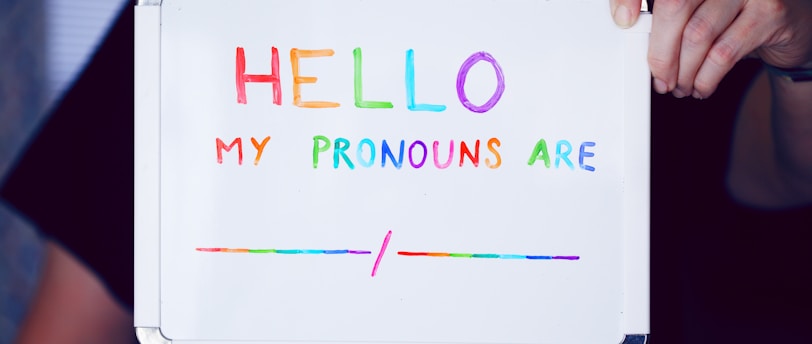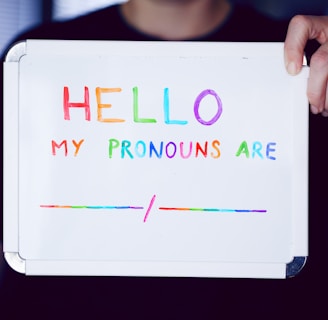DJ & DJane? Gender and Identity in DJ Culture


Understanding Terminology: Exploring gender-specific titles and their historical context
In DJ culture, there has been a long-standing tradition of using gender-specific titles such as DJane or Lady DJ to refer to female DJs. These titles have been used to differentiate and highlight the presence of women in a male-dominated industry. However, it is important to understand the historical context behind these titles and the implications they carry.
The use of gender-specific titles in DJ culture can be traced back to the early days of the profession when women were a rarity in the field. These titles were introduced as a way to recognize and celebrate the achievements of female DJs, who faced significant challenges and discrimination in a male-dominated industry.
While the intention behind these titles was positive, they inadvertently reinforced the notion that female DJs were somehow different or separate from their male counterparts. This created a divide and perpetuated stereotypes about gender roles in DJ culture.
As society has evolved and become more aware of gender identity and equality, there has been a push to challenge and question the use of gender-specific titles. Many argue that these titles are unnecessary and only serve to further segregate and marginalize female DJs.
Instead of using gender-specific titles, there has been a growing trend towards using gender-neutral terms such as DJ or artist to refer to all individuals in the profession, regardless of their gender identity. This shift in terminology reflects a broader movement towards inclusivity and equality in DJ culture.
Challenging Stereotypes: Breaking down gender barriers and addressing biases
One of the biggest challenges in DJ culture is the prevalence of gender stereotypes and biases. These stereotypes often lead to unequal opportunities and hinder the progress of female DJs in the industry.
One common stereotype is the belief that women are not as technically skilled or knowledgeable about music as men. This stereotype is not only unfounded but also perpetuates the idea that women are somehow less capable or talented in the field of DJing.
To challenge these stereotypes, it is important to highlight the accomplishments and contributions of female DJs. By showcasing their talent and expertise, we can break down the gender barriers and prove that gender has no bearing on one's ability to excel in DJ culture.
Another way to address biases is through education and mentorship programs. By providing resources and support to aspiring female DJs, we can empower them to overcome the challenges they may face and pursue their passion for music.
Furthermore, it is crucial for event organizers and promoters to actively seek out and book diverse lineups that represent a range of gender identities. By promoting diversity in DJ culture, we can create a more inclusive and welcoming environment for all artists.
Promoting Diversity in DJ Culture: Encouraging inclusivity and equal opportunities for all DJs
In order to promote diversity in DJ culture, it is important to create an environment that is inclusive and provides equal opportunities for all DJs, regardless of their gender identity.
One way to achieve this is by implementing diversity and inclusion policies within the industry. These policies can include guidelines for event organizers and promoters to ensure that their lineups are diverse and representative of different gender identities.
Additionally, mentorship programs and initiatives can be established to support and empower aspiring DJs from underrepresented groups. By providing resources and guidance, we can help bridge the gap and create a more level playing field for all DJs.
Furthermore, it is important for DJ culture to actively challenge and dismantle the systemic barriers that prevent equal opportunities for all artists. This includes addressing issues such as pay disparities, lack of representation, and discrimination in the industry.
By promoting diversity and inclusivity in DJ culture, we can create a more vibrant and dynamic industry that celebrates the talent and contributions of all DJs, regardless of their gender identity.
In conclusion, gender and identity in DJ culture are important topics that require ongoing discussion and action. By understanding the historical context of gender-specific titles, challenging stereotypes, and promoting diversity and inclusivity, we can create a more inclusive and equal DJ culture for all.
